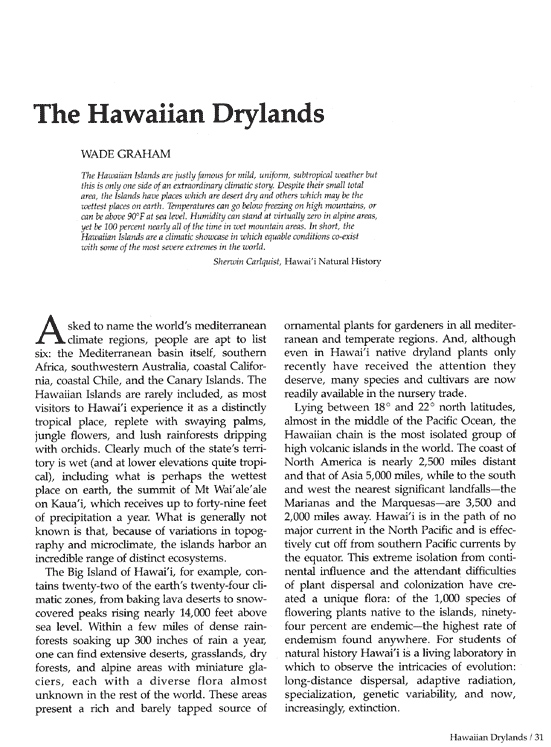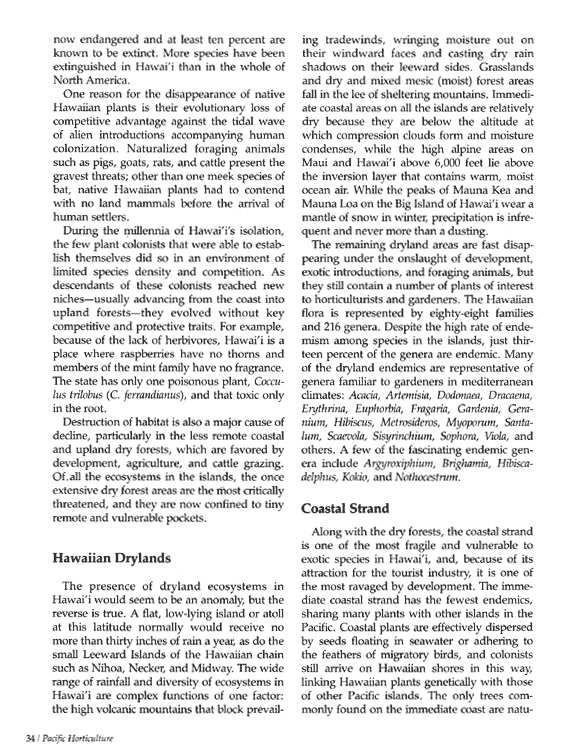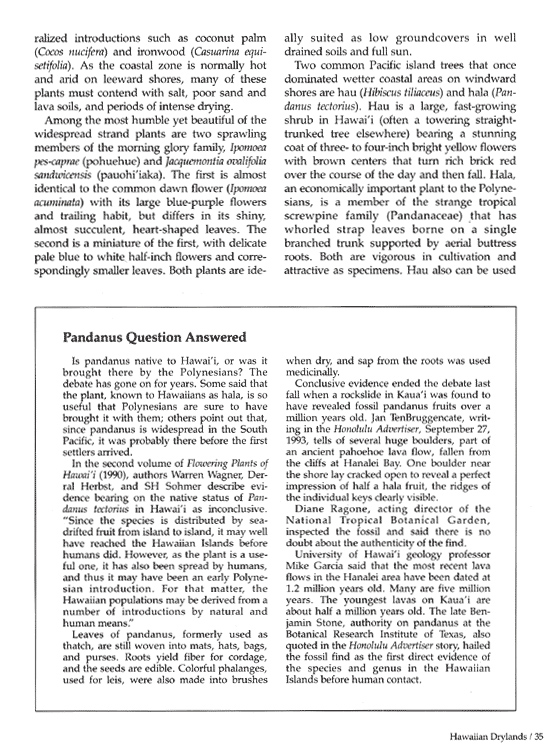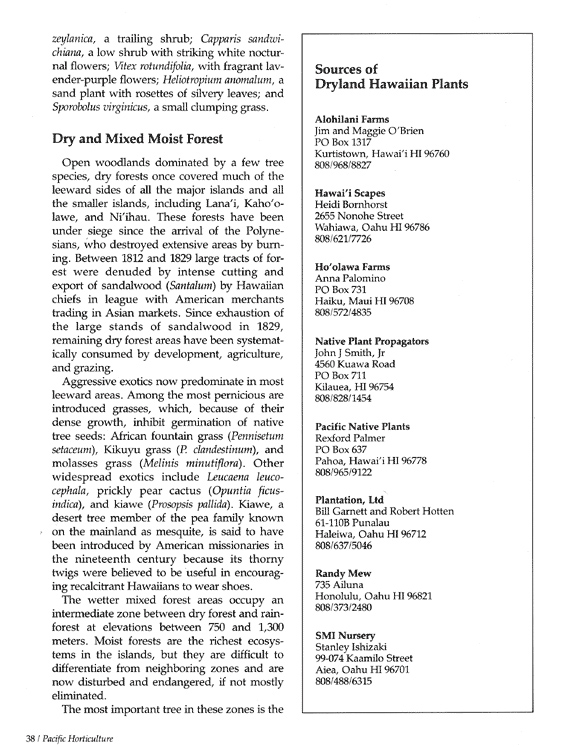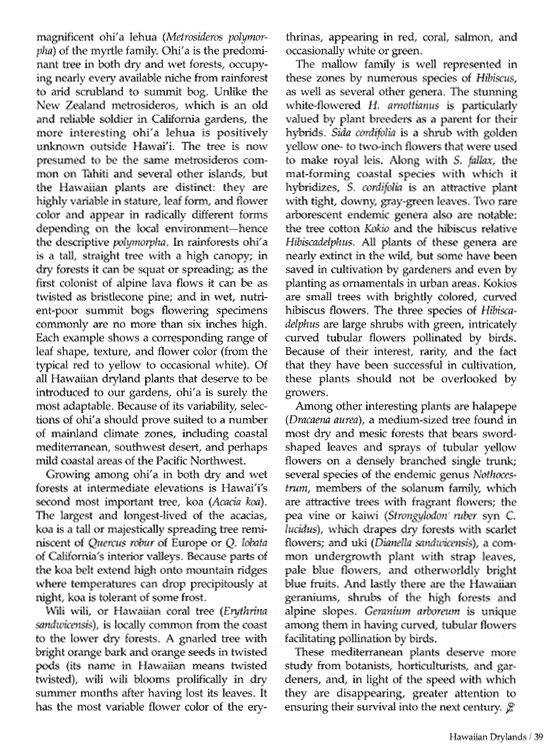Published July 4th, 2010 by Wade Graham
This July 4th, Americans celebrate the 234rd birthday of the United States and the 184rd anniversary of the death of one of its founding fathers, Thomas Jefferson. We revere the 3rd president for his statesmanship and for the ringing prose of the Declaration of Independence, which he authored. Less well-known is the fact that Jefferson was also America’s founding home and garden addict, a detail-obsessed improver who designed the perfect dwelling at Monticello, then endlessly remodeled it. He sank huge sums into landscaping his grounds in the latest styles and entertained a constant stream of guests with spreads of heirloom vegetables and fine French wine so lavish as to make Martha Stewart blush.
In doing so, Jefferson set the standard for the irresponsibly over leveraged American homeowner, mortgaged to the hilt to enjoy the good life. At his death on July 4, 1826, Jefferson was so deep in debt to foreign creditors that everything he owned—including his slaves—had to be sold off.
It’s hard to square such luxury and self-indulgence with the stern defender of the common man we know from history textbooks. As chief executive, he fought bitterly with Congress to cut the national debt. He famously disliked pomp and circumstance. once receiving a British ambassador who was in full military regalia, wearing only his dressing gown and slippers. It caused an international incident.
Yet Jefferson himself couldn’t resist the temptation of the finer things. As minister to France in the 1780s, he lived in a three-storey house on Paris’ Champs Elysées, with three suites, stables, a full-time gardener, maids, cooks, and a coachman. The rent on the whole lot cost more than his annual salary.
As president, he entertained like a power hostess, inviting even his enemies to his dinner table. He spared no expense. The White House wine bill alone was $10,000 in his first presidential term. Not even patriotism could keep him from splurging on a choice item, like the solid mahogany piano he had shipped from England in 1771 in defiance of the Continental Congress’ non-importation resolution against Britain.
He designed his splendid house while barely out of college, then, after his sojourn in Europe, decided to rebuild it, continuously. Monticello was a construction site for decades. He installed French three-part stacking windows, alcove beds, and a dumbwaiter sized specifically to lift wine bottles from the ellar to the parlor. He took down the second story and added a dome to complete the perfectly-proportioned façade that looks out at us from the nickel.
In the garden he banished unsightly wooden slave quarters to improve the view, laid out winding scenic drives, and built a charming pavilion with arched windows and topped with white painted Chinese railings. From his pavilion he could oversee the progress of his gardeners, who tended 150 fruit trees and up to 350 types of vegetables at one time, including some 50 varieties of peas, 44 varieties of beans, and upwards of 30 varieties of cabbages. It was an organic cornucopia to make Alice Waters green with envy.
This was Jefferson’s real project as a statesman retired to his farm—not farming, but building and rebuilding his dream of perfect elegance. To the extent that he could pay for it—through credit—cost was no object.
How could Jefferson reconcile his love of luxury with his democratic ideals? As a patriarch and landowner in a Virginia society that was profoundly pro-aristocratic, he was disinclined to renounce the refinement that advertised his status. In just the same way, the economic underpinnings of that status disinclined him from freeing his slaves—in spite of the fact that he was an early and harsh critic of slavery. His own penchant for the finer things didn’t stop him from denouncing the habits of luxury in others or of warning young Americans traveling to Europe not to spend too much time looking at European art and architecture because it distracted from the corruption of the rich and the poverty of the masses.
This seems like clear hypocrisy, but it also points to the deep ambivalence in the American mind between our professed ideals and our economic imperatives. We mistrust wealth, but we simultaneously worship it. Like Jefferson, we idealize the supposed simplicity of rural life, but like him we want our country weekend houses well-stocked with all the modern comforts. And, like him, we’re not willing to sacrifice what he called “the pursuit of happiness,” embodied in nothing so much as our national pursuit of real estate, to balance the checkbook.
We can recognize ourselves in Thomas Jefferson, because his contradictions, and his addictions, are our own.


